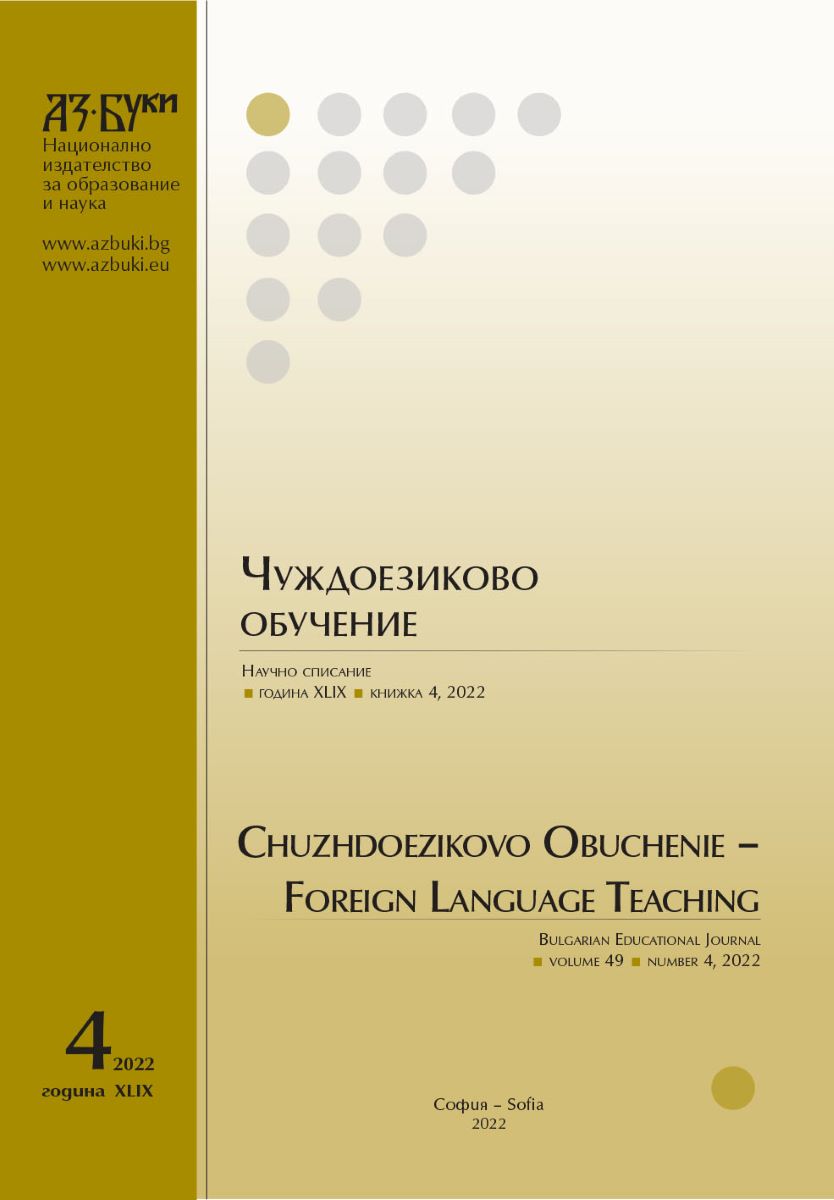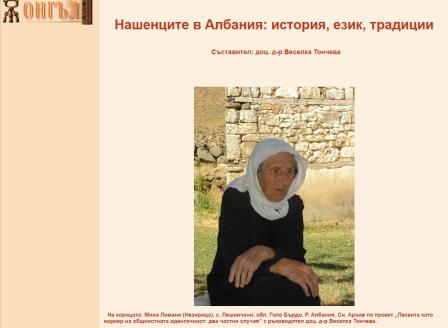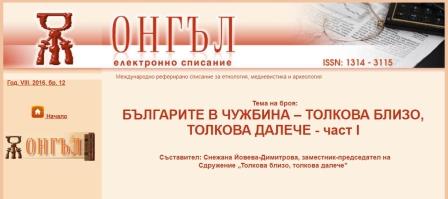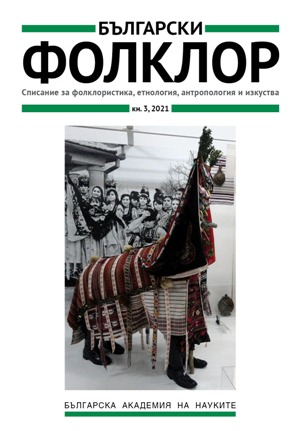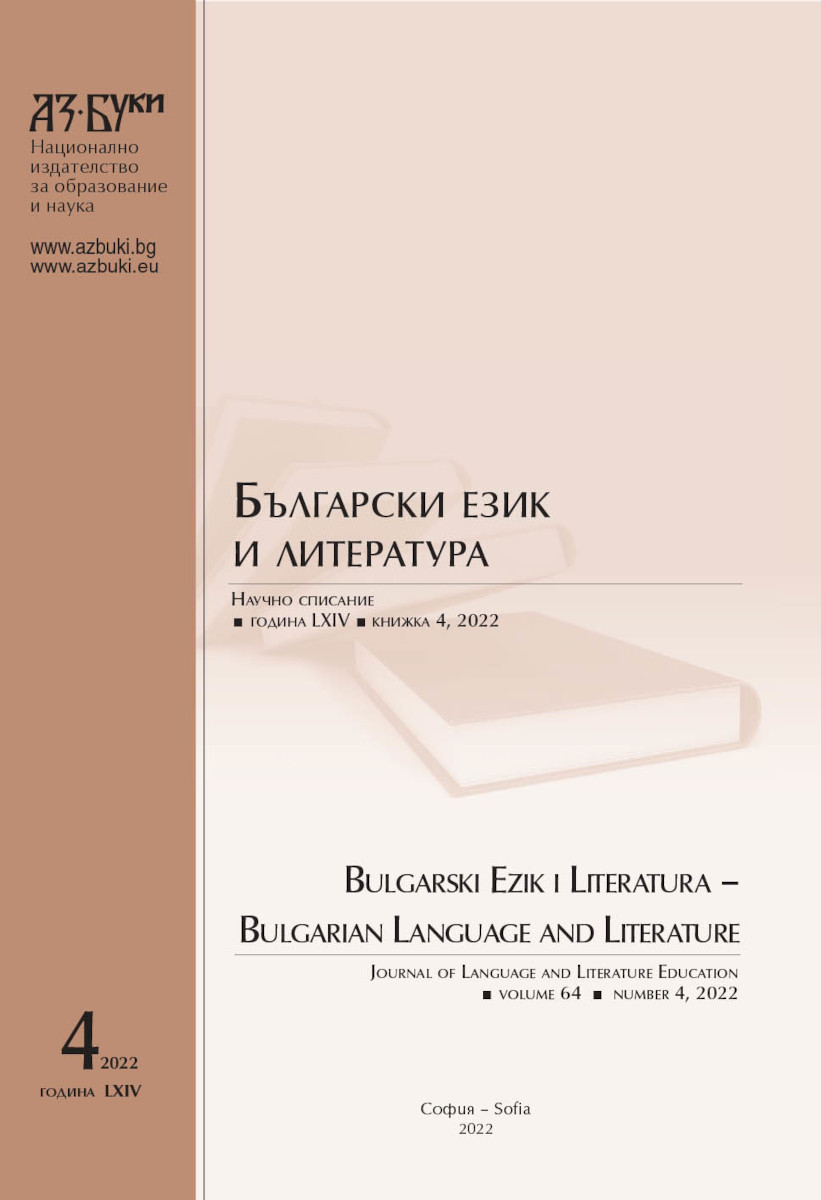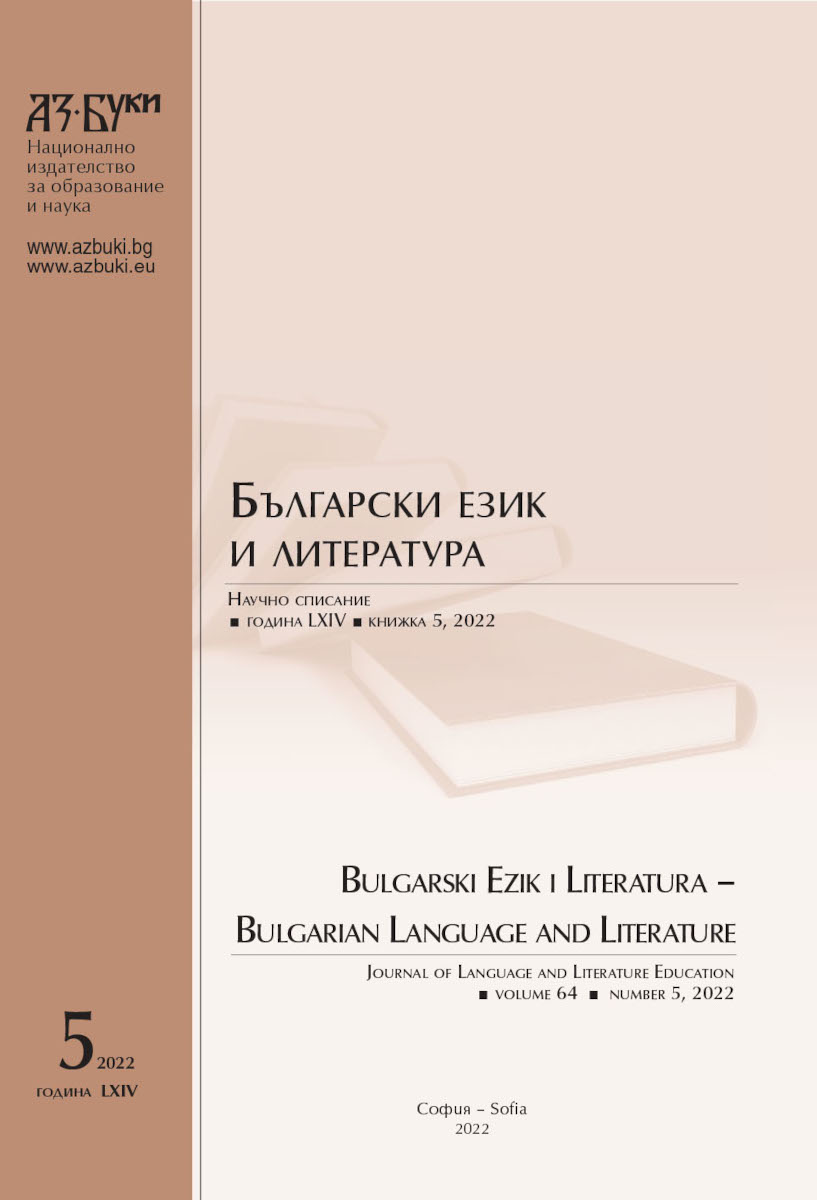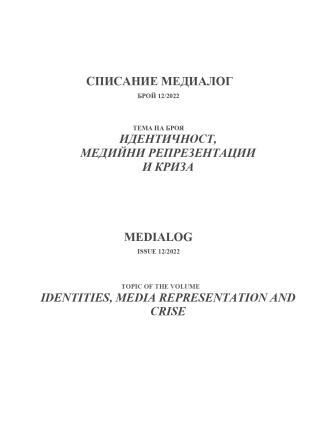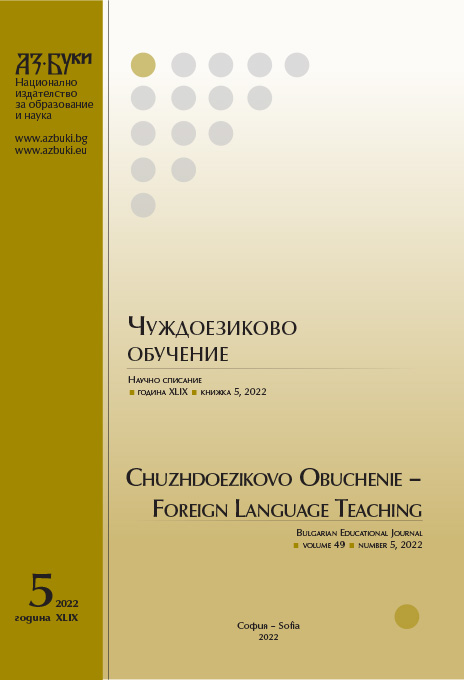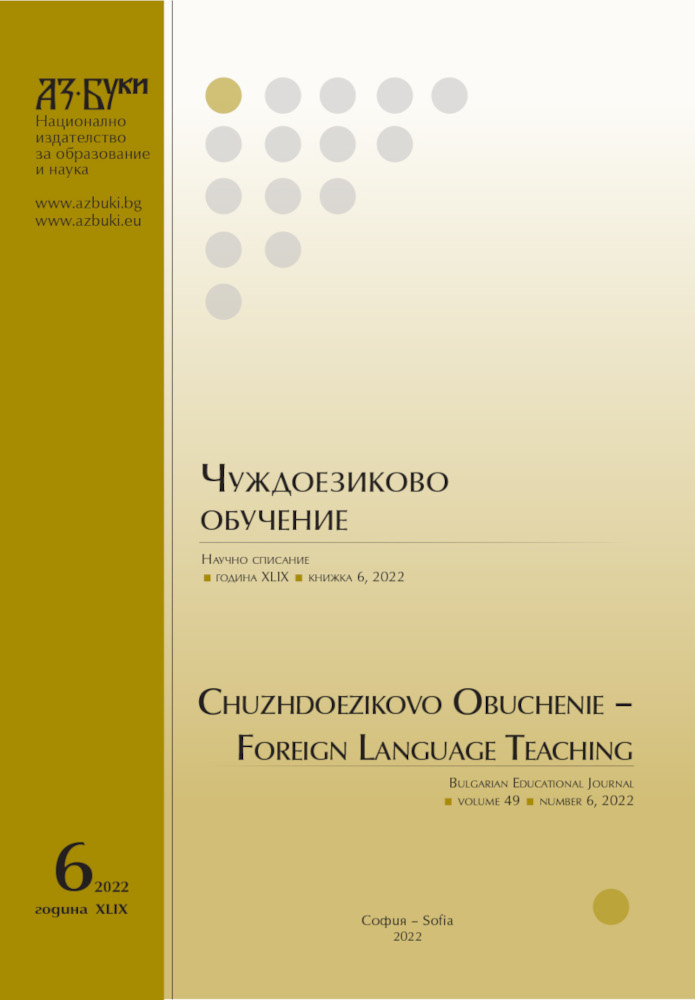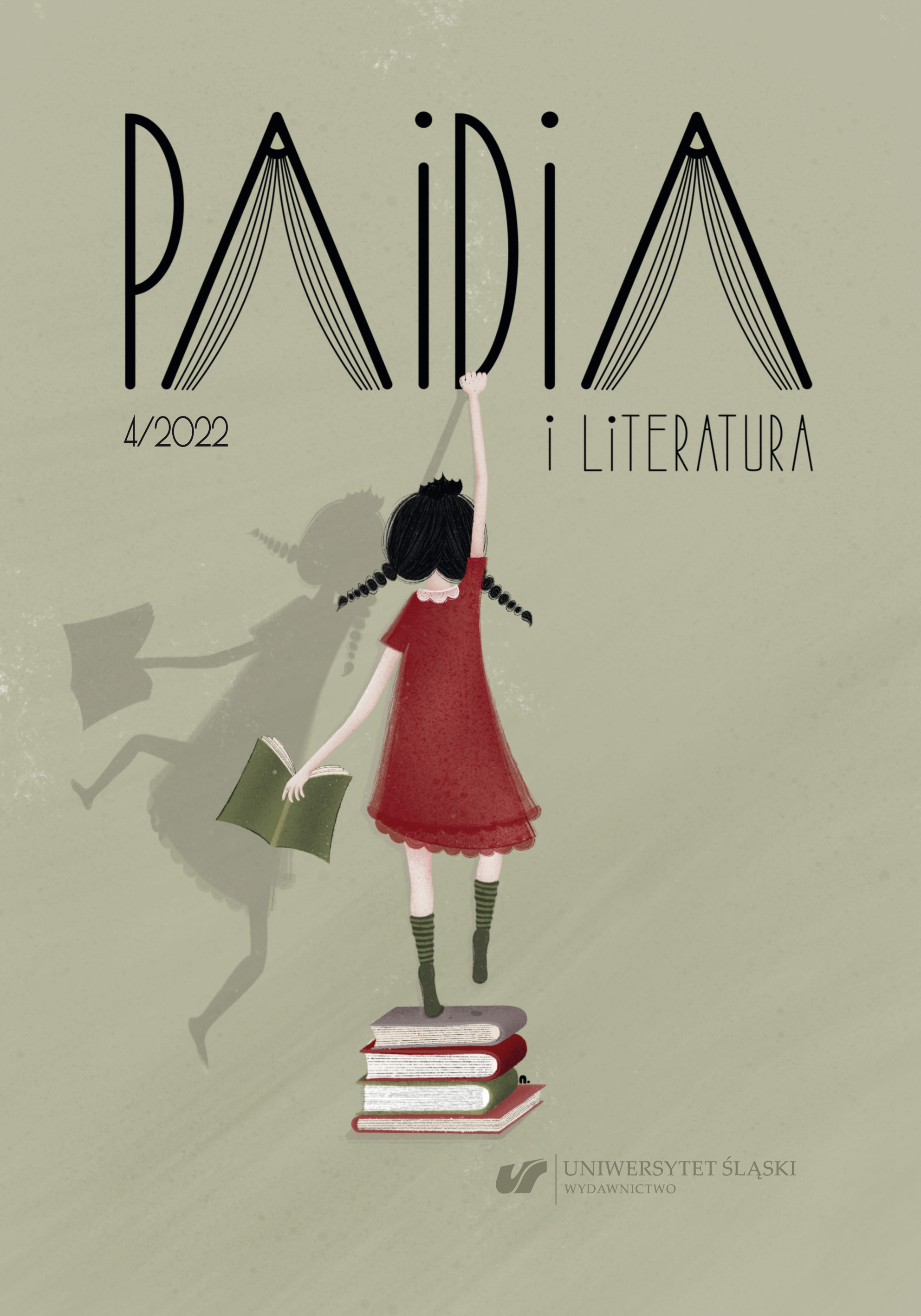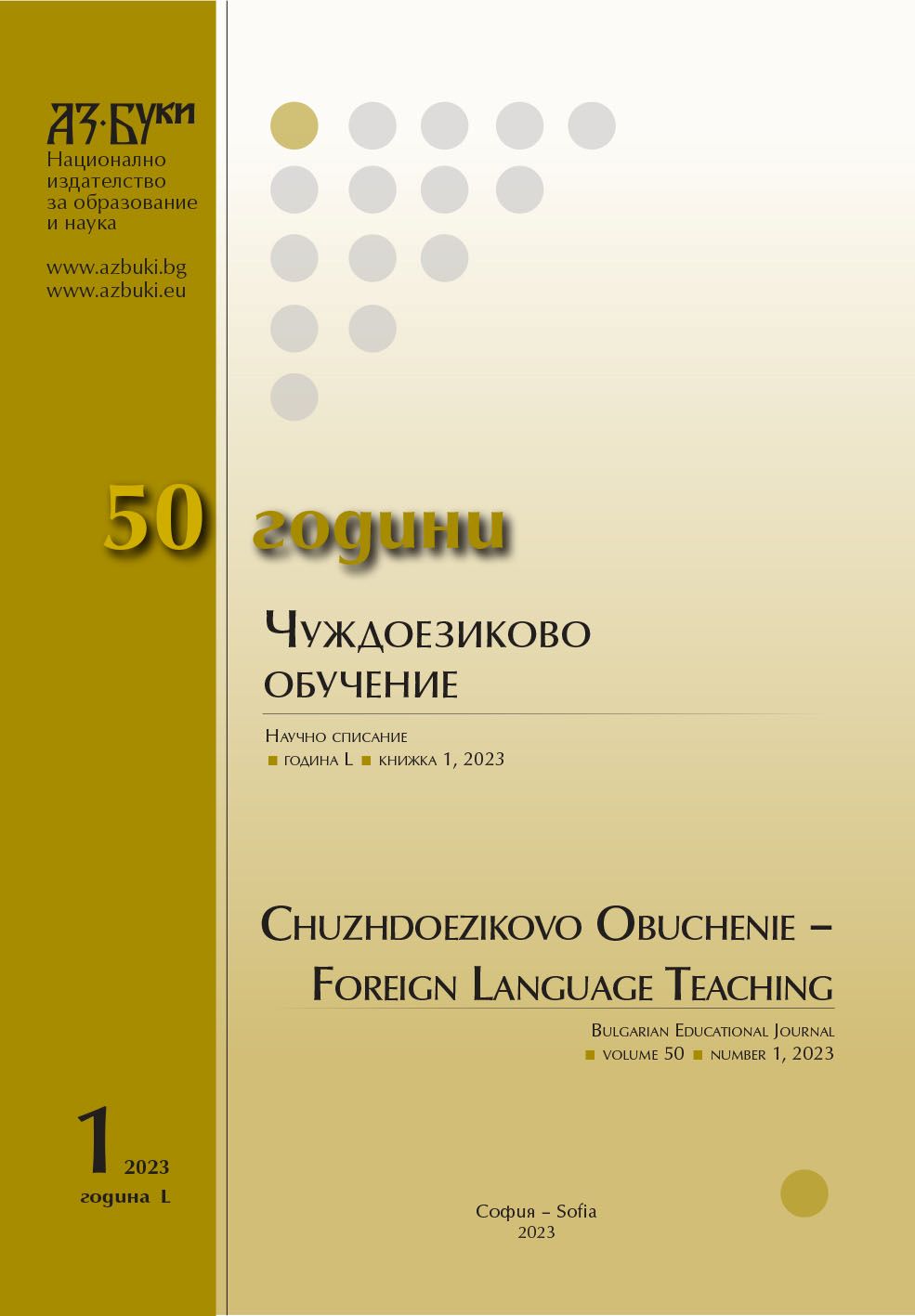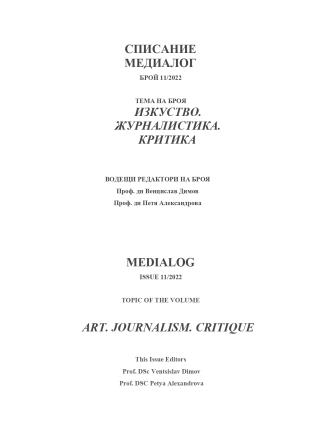
Меметата в новините и меметата като новини
The current anthropological study focuses on memes as a cultural phenomenon dating back to the end of the last century. Given that this is a relatively new cultural practice and the small number of humanitarian studies devoted to the subject, the concept is often vague, and its characteristics are immersed in the vast pool, which includes all sorts of 'viral' content. The common belief about memes is that they are a digital form of jokes and are often commented on as retrograde art, in the logic of the frivolous and funny. Due to the fact that they are a picture (collage, photo, comic, etc.) with text, which takes a few seconds to review (as opposed to reading an entire article or watching a news program), they are becoming more and more more influential media of all kinds. The meme genre is becoming an inspiration for marketing strategies, and advertising memes are multiplying rapidly. The text will consider the way in which the phenomenon is described by well-known Bulgarian online news media, and based on interviews with meme activists - the activity will be considered in its potential to be understood as a profitable business and in itself - information media.
More...
